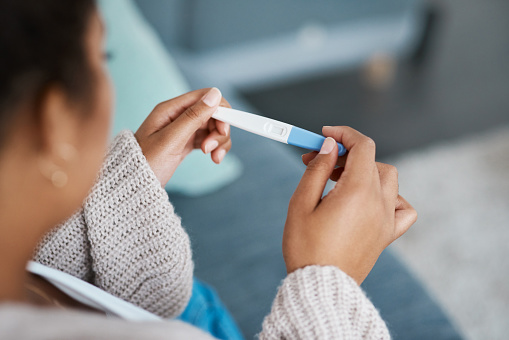5 tips for improving fertility (for him!)
 When it comes to infertility, the focus seems to be on women’s health. However, the male factor counts for more than 30% of why couples have troubles conceiving.*
When it comes to infertility, the focus seems to be on women’s health. However, the male factor counts for more than 30% of why couples have troubles conceiving.*
When assessing for male influences, sperm is analyzed for volume, count, motility and morphology (form). To be successful, current guidelines suggest ideal volume to be greater than one milliliter, count over 48 million/mL, that over 63% of the sperm moves with purpose, and that less than 88% are abnormally formed. We know that sperm is very sensitive to the environment. In fact, infertility has been seen more in men who work in more blue collar or industrial positions compared to those in white collar positions. Sperm is produced three months prior to when it is released which is another factor to consider when preparing for conception. This means that, like female preconception care, males should consider optimizing their health months in advance.
Here are five tips to help improve sperm quality and overall health generally.
1. Protect sperm from damage.
Sperm are vulnerable to damage from illness, toxins and nutritional deficiencies. Smoking, recreational drugs, and certain medications are all ways to potentially damage sperm and influence male infertility. Examples of medications include SSRI’s (selective serotonin reuptake inhibitors), beta-blockers, opiates and supplemental testosterone.
2. Increase antioxidants.
It is estimated that 30-80% of poor sperm quality is due to oxidative damage to DNA from free radicals. Anti-oxidant protect our cells from these free radicals and are important factors for improving sperm count and motility. Some examples include: CoQ10, zinc, vitamin C, methylated or activated B vitamins, and L-acetyl Carnitine. However, nothing beats a healthy, whole foods diet full of colorful vegetables which is often missing in the meat and potatoe concentrated diet many men consume.
3. Maintain a healthy weight.
There are so many benefits to losing those extra pounds but this is especially true while trying to conceive. We know that men who are obese have decreased sperm count and that sperm motility is affected. Fat cells produce estrogen which leads to changes in testosterone which means that when body fat percentage is high there will be more hormonal imbalances. There is also the risk of running a higher than normal body temperature if you’re overweight and sperm cells are very sensitive to temperature changes. See my posts on how to maintain a desired weight.
4. Appropriate exercise.
Daily exercise is something all men should strive for to reduce stress levels and enjoy the long term health benefits generally. A big question I get is if the type and intensity of the activity affects male fertility. There is little data on this subject, however, some studies suggest that more intense training schedules seen with marathon and tri-athletes may influence sperm quality. One study found a correlation with bike riding and low sperm count and poor motility. This occurred when men biked for more than five hours in a week suggesting that the type of exercise does impact fertility.**
5. Assess hormone levels.
Yes men have hormones too! Testosterone is the most commonly known male hormone and as a man ages, levels decline. Between the ages of 30 and 50, sperm and semen volume drops 20% most likely from declining testosterone levels. Another hormone that can affect sperm quality is prolactin, and just like in women, if prolactin levels are elevated sperm quality will go down.
Find out more about preconception care and ways to increase fertility here.
For tips to improve overall health and wellbeing, nutrition, recipes and meal plans, visit Integrative Health.
Notes:
* Government of Canada, 2013. Fertility. https://www.canada.ca/en/public-health/services/fertility/fertility.html
** Wise. L., et al., 2011. Physical activity and semen quality among men attending an infertility clinic: Fertility and Sterility, 95(3):1025-1030. htttp://www.sciencedirect.com/science/article/pii/S0015028210027767
Previous Post
Next Post
Sleep is so important but the optimal amount is different for each family member.
It depends on age and other factors.
Find out the healthy sleep ranges by age, for you and your growing family.
Starting with babies (newborn to one year),
toddlers, preschoolers, school aged
children, teens and adults.
Guide to optimal family sleep (daytime naps & at night)
FREE download
Be the first to know about special
offers and resources
for our community only.
Don't miss out!
Become a Calm Parent Insider
FREE gifts & resources
CALMMOTHER LIMITED © 2023 | ALL RIGHTS RESERVED
terms | privacy | contact
Simplifying life for parents so you can focus on what matters most to you.
Live your best life with kids!
+ Show / Hide Comments
Share to: